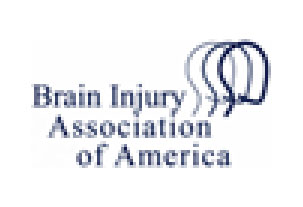A study published in the New England Journal of Medicine indicates that premature babies are at a higher risk for server disabilities, such as cerebral palsy. These disabilities can affect the physical, mental and social aspects of a child’s development, causing them life-long pain and suffering. It is just as important for pregnant women to be aware of the risks associated with premature birth and it is for a physician to monitor a pregnancy for signs of a premature birth.
Careful monitoring of a pregnancy can help to identify the warning signs of a premature birth. Once the warning signs are identified, it is the job of the attending physician to take the appropriate actions in order to help prevent potential birth injuries.
It is the responsibility of the medical staff to provide a reasonable level of care to both mother and child during a birth. This means that they are responsible for making sure that a delivery is conducted safely. If a mother, or child, shows signs of complications, such as a premature birth, it is the responsibility of the attending staff to take the appropriate actions to prevent birth injuries that could result in serous consequences like cerebral palsy.
The recently published study was conducted in Norway. The researchers studied children born in Norway between 1999 and 2000. The following results were reported regarding the children studied:
• Children born between 28 and 30 weeks: 6 percent developed cerebral palsy
• Children born between 23 and 27 weeks: 9 percent developed cerebral palsy
This study did show that 80 percent of children born between 23 and 27 weeks did survive past 5 years, which is an increase from recent years. In spite of the higher survival rates, the rates of cerebral palsy have not changed.
In addition to a higher risk for cerebral palsy, the study indicated that premature birth will also leave a child at risk for the following:
• Psychological developmental disorders
• Behavior disorders
• Emotional disorders
• Severe vision impairment
• Severe hearing impairment
• Epilepsy
The study indicated that the risks for developmental disorders, including cerebral palsy were increased in moderately preterm infants.













